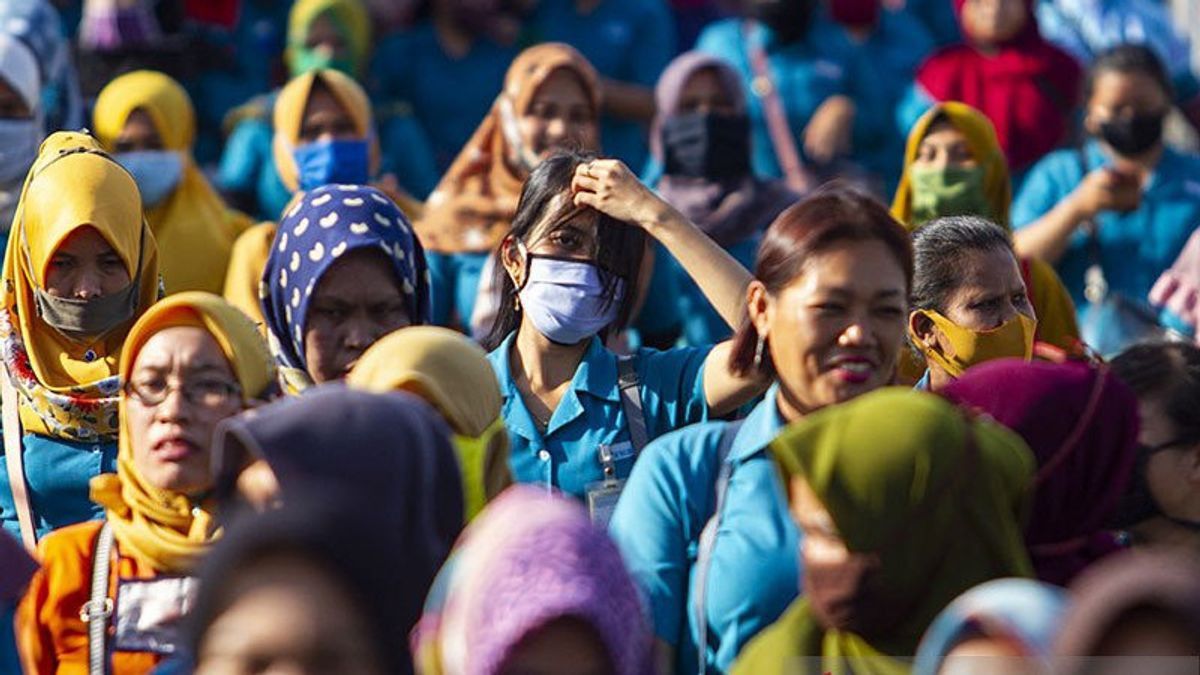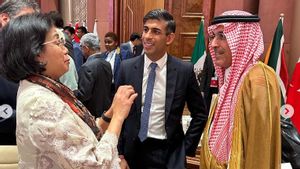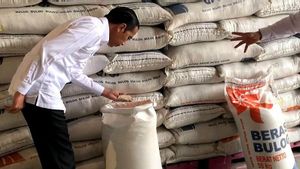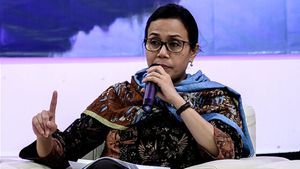JAKARTA – Minister of Finance (Menkeu) Sri Mulyani revealed that increasingly complex dynamics bring greater pressure to developing countries.
This situation is driven by global economic and financial market uncertainty as a result of inflation which is still at high levels.
In fact, developing countries should have certain privileges so they can overcome economic challenges that are much greater than developed countries.
"The development needs and challenges of developing countries are very large, but access to capital is very limited and the costs are increasingly (very) expensive," she said in a written statement quoted on Tuesday, September 12.
According to Sri Mulyanu, the situation becomes more difficult when each nation's State Budget (APBN) has different capabilities following the COVID-19 situation in the last few years.
"Meanwhile, the fiscal space of many developing countries has decreased due to the pandemic and economic weakness," she said.
Therefore, he supports India's initiative at the G20 to reform the global financial architecture both in governance and financial capacity.
The two institutions that are considered to be pioneers in this change are the World Bank and the IMF.
"This is to increase assistance in helping developing countries through cheap and conceptual financing to overcome development challenges (poverty) and in facing global challenges such as climate change and pandemics," she stressed.
SEE ALSO:
Like a tit for tat, Sri Mulyani received information from her colleagues from the United States that the local government agreed to encourage wider and cheaper access to financing for groups of developing countries.
“I discussed this topic with US Treasury Secretary Janet Yellen. "President Biden said that the World Bank would increase its concessional lending capacity to developing countries to up to 25 billion US dollars and could even be increased to 100 billion US dollars if supported by other developed countries," she said.
On this basis, the Minister of Finance hopes that the G20 can increasingly achieve global balance because it represents 80 percent of the entire world economy.
"The results of the G20 will really determine whether the world is able to overcome these various complicated and complex challenges, especially in helping poor and developing countries to continue to progress and catch up," concluded Minister of Finance Sri Mulyani.
The English, Chinese, Japanese, Arabic, and French versions are automatically generated by the AI. So there may still be inaccuracies in translating, please always see Indonesian as our main language. (system supported by DigitalSiber.id)
















